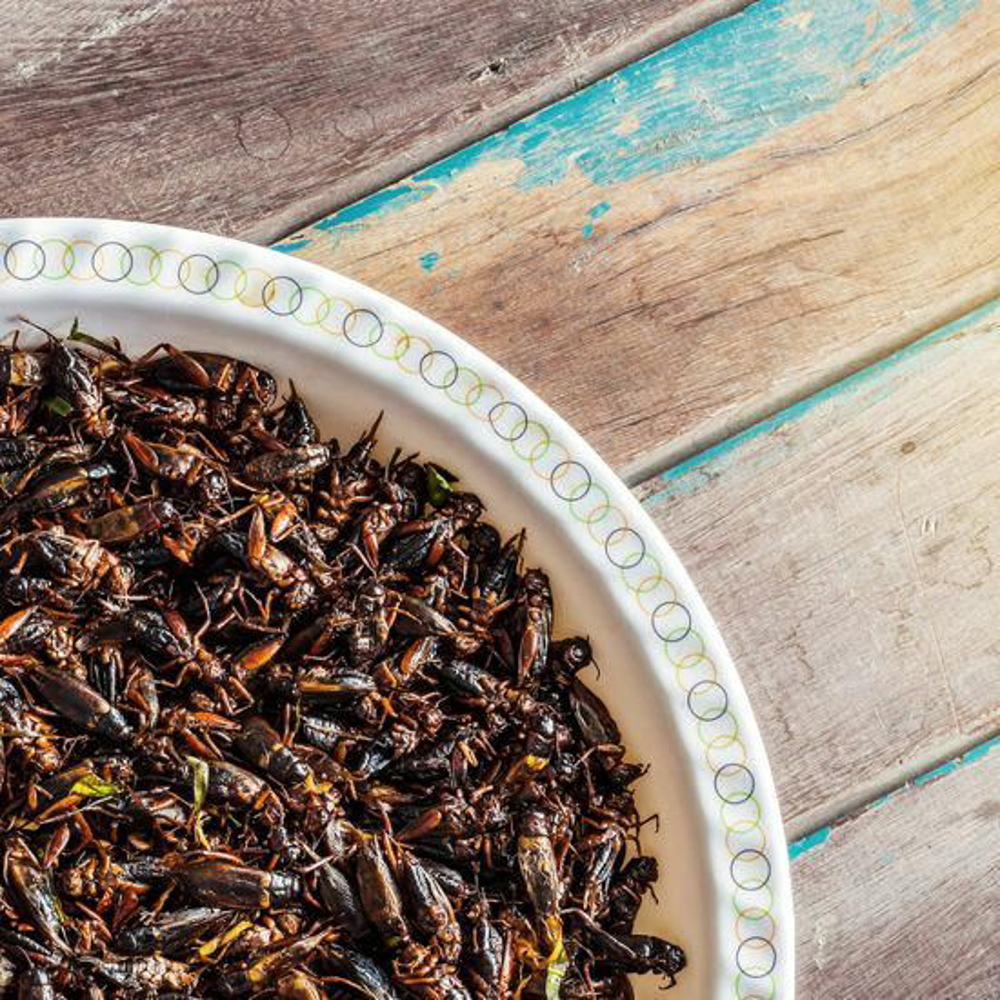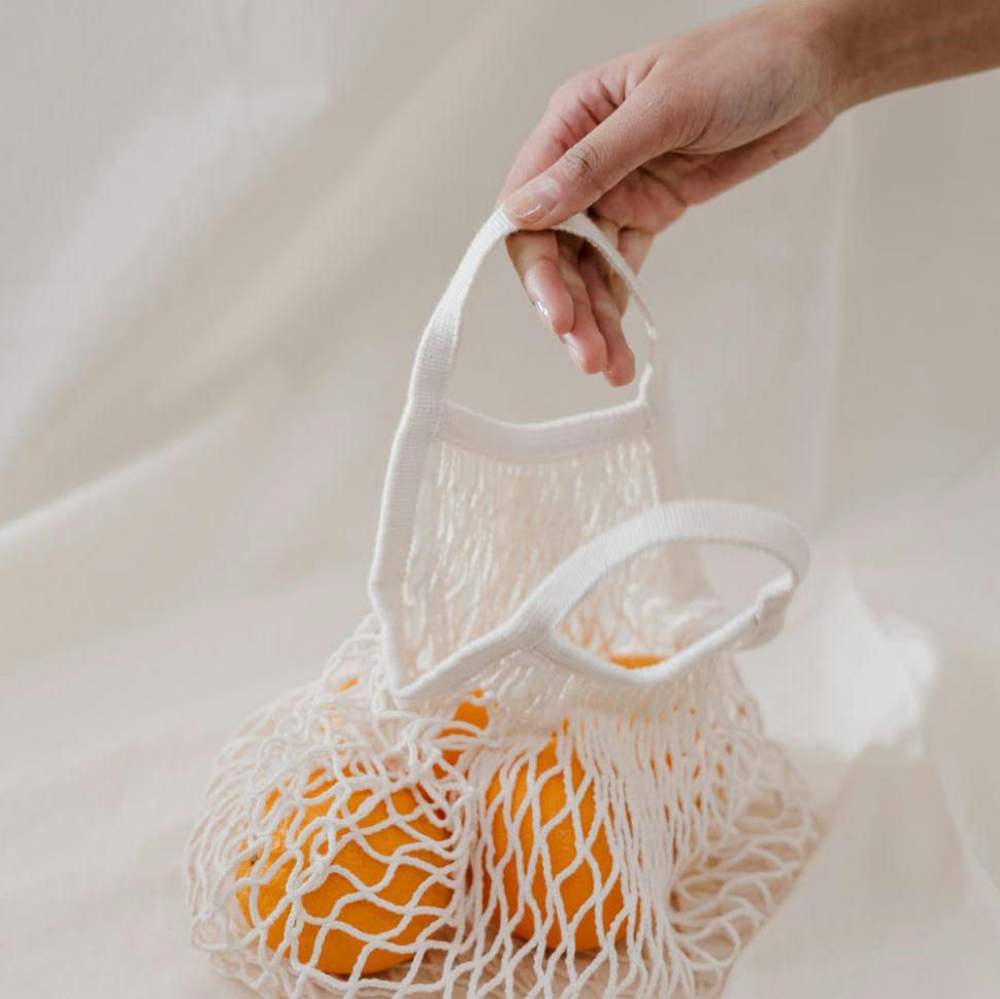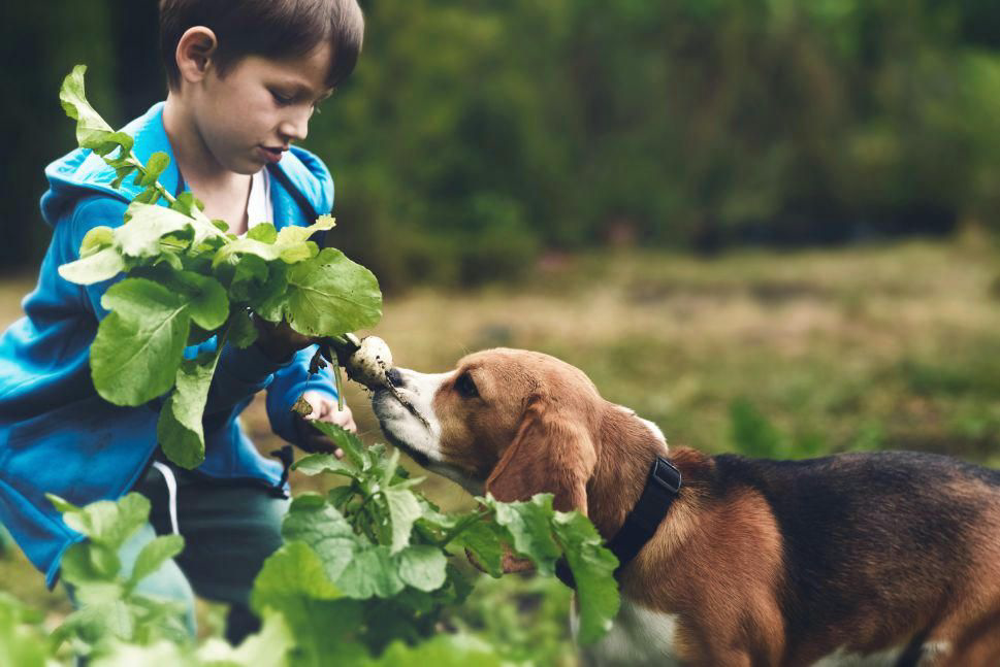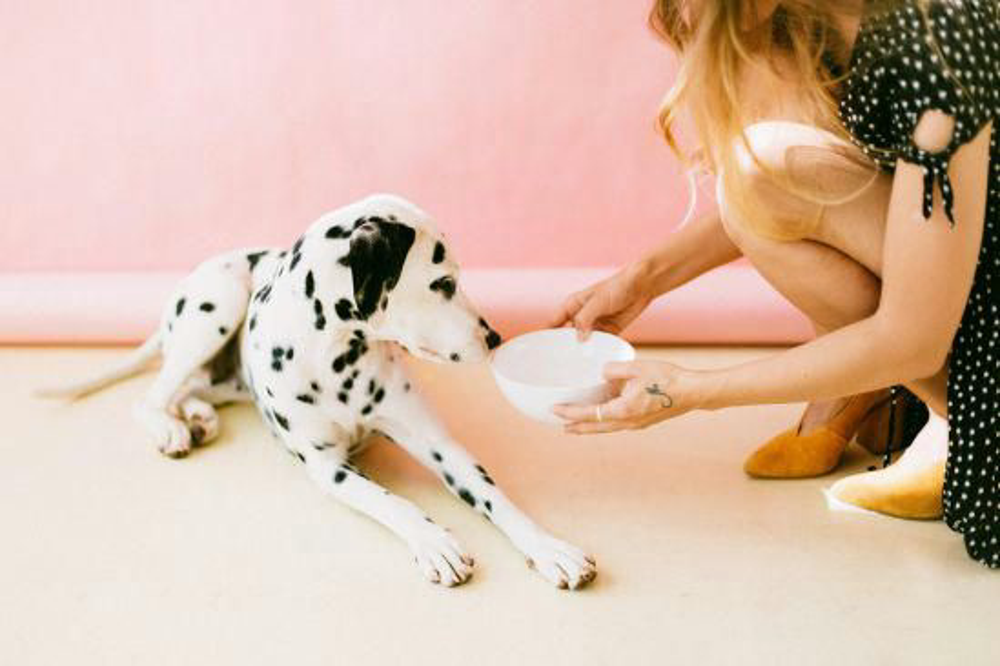Explore the world with us
At Green Petfood, we’ve been experts in pet food since 2013. And we don’t just want your four-legged friend to benefit – we want you as well! That’s why we’ve created these guides. Here, you’ll find hints and tips, recipes, and handy DIY ideas for your day-to-day adventures. Plus, you’ll learn all about the nutrition and health of your cat and dog.








